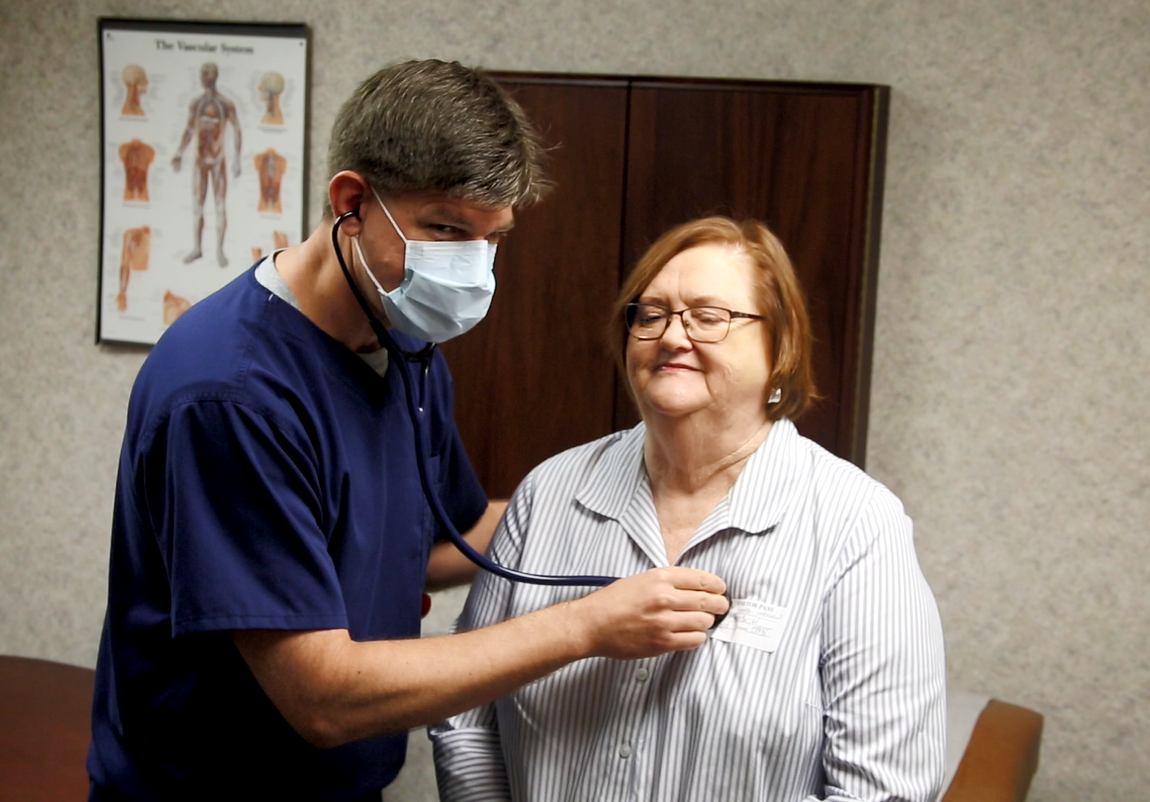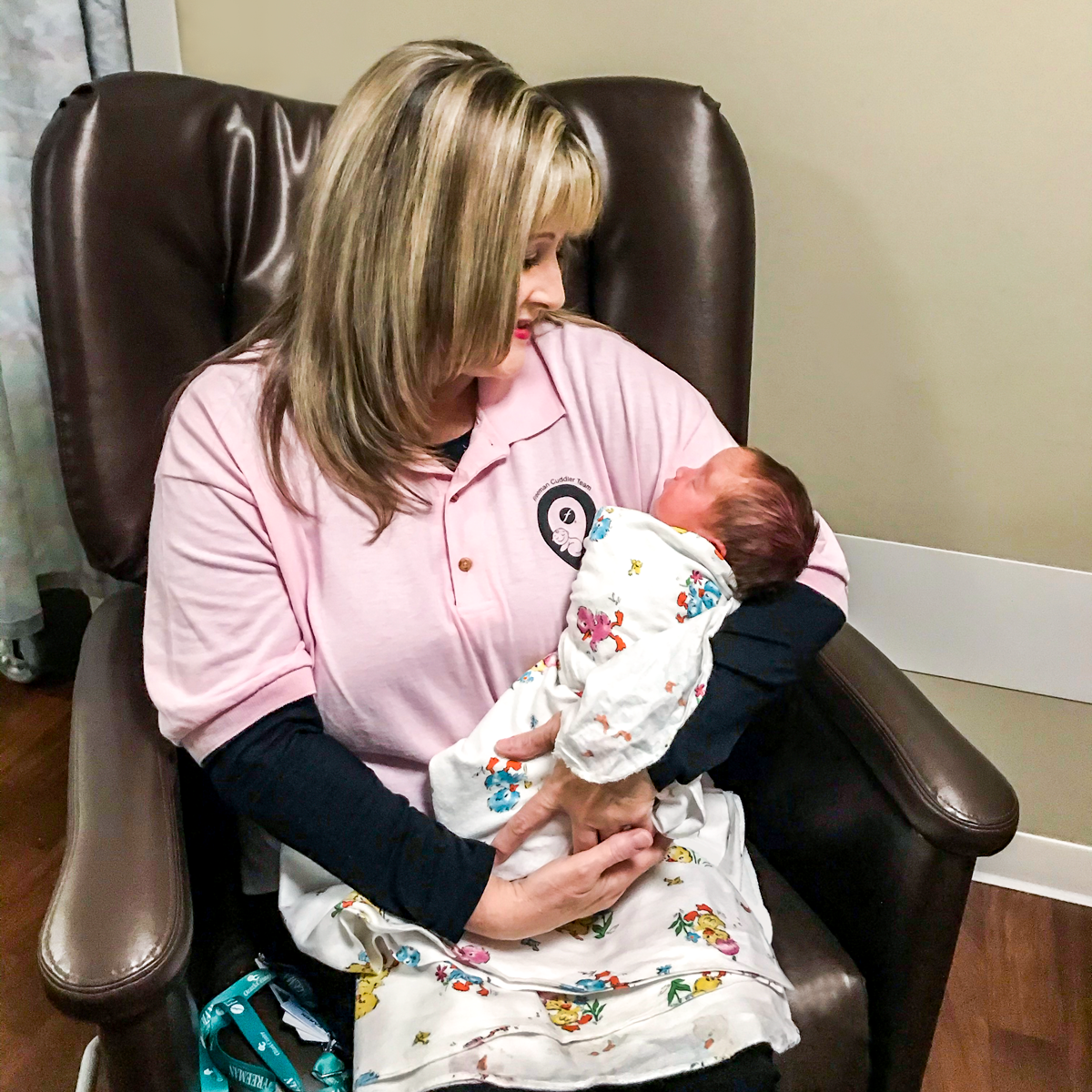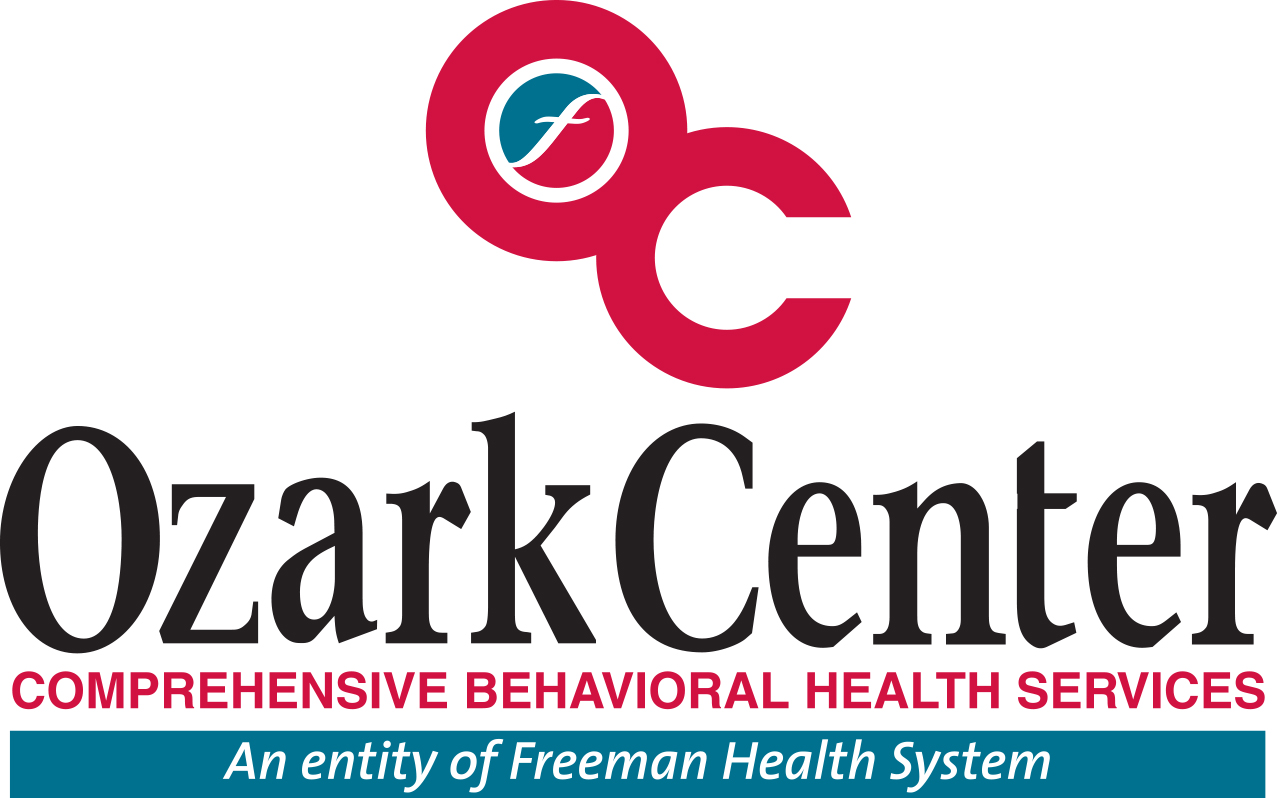The U.S. Environmental Protection Agency (EPA) has designated January as National Radon Action Month and a time when health agencies across the country urge all Americans to have their homes tested for radon. Many people are not aware that dangerous levels of radon gas can accumulate in their home. In fact, radon accounts for about 21,000 deaths from lung cancer each year, according to the EPA. While that figure is nowhere near the 480,000 deaths a year caused by smoking, it’s still significant. According to the American Cancer Society, radon is the number one cause of lung cancer among non-smokers.
What is Radon Gas?
Radon is a gas that occurs naturally outdoors in harmless amounts. It’s produced from the breakdown of uranium in soil and rocks, and sometimes it gets concentrated in homes built on soil with natural uranium deposits. It can be detected in homes, offices and schools entering buildings through cracks in floors and walls, construction joints or gaps around service pipes, electrical wires and sump pits. Old homes, new homes, homes with basements and homes without basements can all have radon problems, although radon levels are usually highest in basements or crawl spaces. The EPA reports elevated levels of radon gas have been measured in every state and estimates nearly one out of every 15 homes in America has elevated radon levels.
Dangers of Radon Gas
People who breathe in radioactive particles, swallow water with high radon levels or are exposed to radon for a long period of time are susceptible to lung damage and lung cancer.
This may damage the cells in the lining of the lungs and increase a person's risk of lung cancer. The risk is higher in those who have lived for many years in a radon-contaminated house.
Smokers who are exposed to elevated levels of radon gas have a 10 times higher risk of developing lung cancer, according to the Centers for Disease Prevention and Control. When radon exceeds acceptable levels, the result can be deadly, and it may take years before the health problems appear.
There aren’t widely available medical tests to measure whether you have been exposed to radon, but if you think you might have been, talk with your doctor about whether you should get regular health checkups and tests to look for possible signs of lung cancer. Symptoms include shortness of breath (difficulty breathing), a new or worsening cough, pain or tightness in the chest, hoarseness or trouble swallowing. If you smoke and you know you’ve been exposed to high levels of radon, it’s important to quit smoking.
Radon Testing
Because there are no symptoms of radon exposure, the only way to know whether you’re exposed is by using tools that measure radon levels. Radon can only be detected using test kits designed for testing radon. In Missouri, you can request a free radon test kit on the Missouri Health & Senior Services website, health.mo.gov. According to the website, Missouri DHSS has a grant from the EPA to promote awareness and increase radon testing in the state of Missouri. Enviro Sciences Inc. has been awarded the contract to provide Missouri residents with a radon test kit upon request. Each residence will be limited to one test kit for the current year. You may also consider hiring a professional tester. Short-term (2–90 day) and long-term (more than 90-day) test kits are available, with the long-term kit producing more accurate results. Do-it-yourself test kits also are available for purchase at many local hardware stores and online retailers such as Amazon.
About the Author
Grant Pierson, DO, specializes in pulmonary and sleep medicine. He earned his medical degree from the Kansas City University of Medicine & Biosciences in Kansas City, Missouri; performed his residency at St. John Medical Center in Westlake, Ohio, and completed his pulmonary critical care medicine fellowship at Parkview Medical Center in Pueblo, Colorado. He completed his sleep medicine fellowship at the University of Kansas Medical Center in Kansas City, Kansas. Dr. Pierson is currently seeing new patients at the Freeman Lung Institute. The Freeman Lung Institute specializes in high-quality care and offers information on the latest treatment and therapy options to help patients live a stronger life. Talk to your primary care physician about radon exposure or call our office at 417.347.8315 for an appointment or visit freemanhealth.com/lung.









